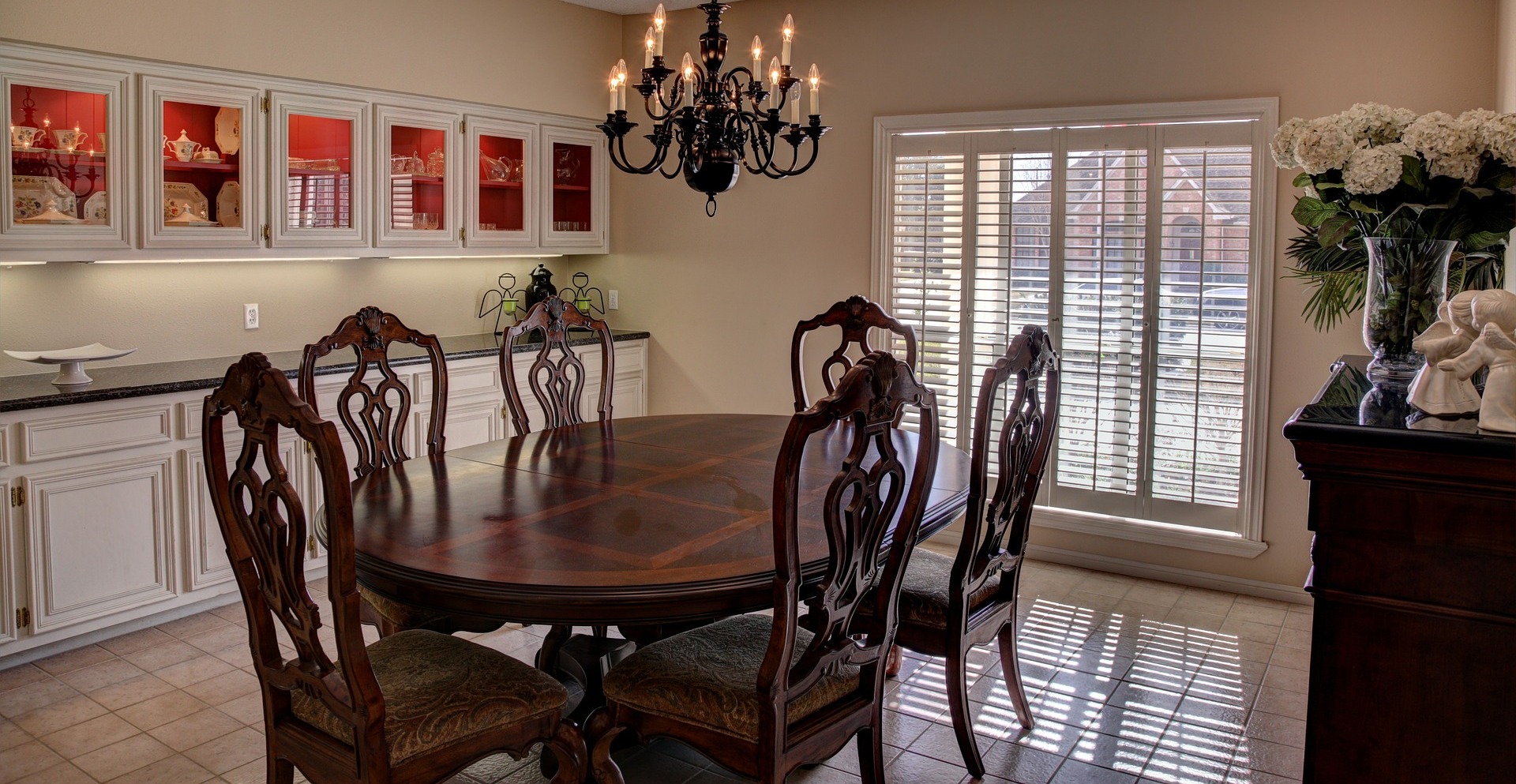Your home inspection is often the single most important day of your escrow – it’s when you finally get some answers to all those questions that have been nagging you since you first set foot in your potential new home. How old is the roof? Is there copper plumbing? Has the electrical been updated? You can try and get answers to these questions before your write your offer, but you won’t have much concrete information until your general inspection. Here are some common questions that buyers ask before inspections:
1. What inspections should I have?
The general inspector will touch on all major systems of the home, including electrical, plumbing, foundation, roofing, heating and cooling. I also recommend separate inspections for chimney and sewer because they are both large ticket items – a chimney can easily cost $10,000 to replace and a new sewer line can run you up to $20,000 depending on the terrain and where the issue is located. If a termite inspection report has not already been provided by the seller, it is a good idea to have that inspection done as well as termite repairs can sometimes be costly.
2. How much will inspections cost?
I usually tell buyers to set aside about $1000 for their inspections. A general inspection usually costs about $350 – $500 and chimney and sewer can be $500 combined. Termite inspections vary but can be around $150.
3. What if the general inspector finds something wrong?
If your general inspector sees an issue, he will likely suggest that you have a specialist inspect the property to give you a more detailed recommendation. For example – if the general inspector sees evidence of a foundation issue, he may recommend that you conduct a geological inspection to give you more information about the makeup of the soil around the house.
4. I’ve had my inspections and there are lots of problems – what’s next?
The next step in the process is to draw up a request for repairs in which you ask the seller to either fix existing problems before close of escrow, credit your closing costs so you can do the repairs yourself, or simply reduce the price. In order to request credits, you’ll need to have bids done on all the work you’d like corrected. It’s likely that the sellers will get additional work bids of their own before coming to some kind of agreement.
5. What kinds of issues should I expect?
Unless you are buying a new construction home, you should expect that your inspector will probably make note of a wide range of potential issues. Keep in mind that this is normal! Older homes will have wear and tear and a seller is not going to agree to fix everything that the inspector highlights. The best approach is to focus on getting a credit for any major, high cost problems – such as replacing the roof, updating the furnace or AC, replacing the electrical panel, ect. How much you can expect to be credited will depend somewhat on what is happening in the market and how much power you have as a buyer.
The most important thing to remember about home inspections is that once you open escrow, it is your contractual right to schedule whatever inspections you feel are necessary. Make sure that you take advantage of the time available to you to gather as much information about the property as possible BEFORE you buy!
- What is a COP? - September 7, 2017
- How to Ensure a Quick Sale - February 23, 2016
- Choosing the Right Offer - March 16, 2015
- Home Inspections: What You Need to Know - February 9, 2015
- How Aggressive Should your Offer Be? - December 9, 2014




